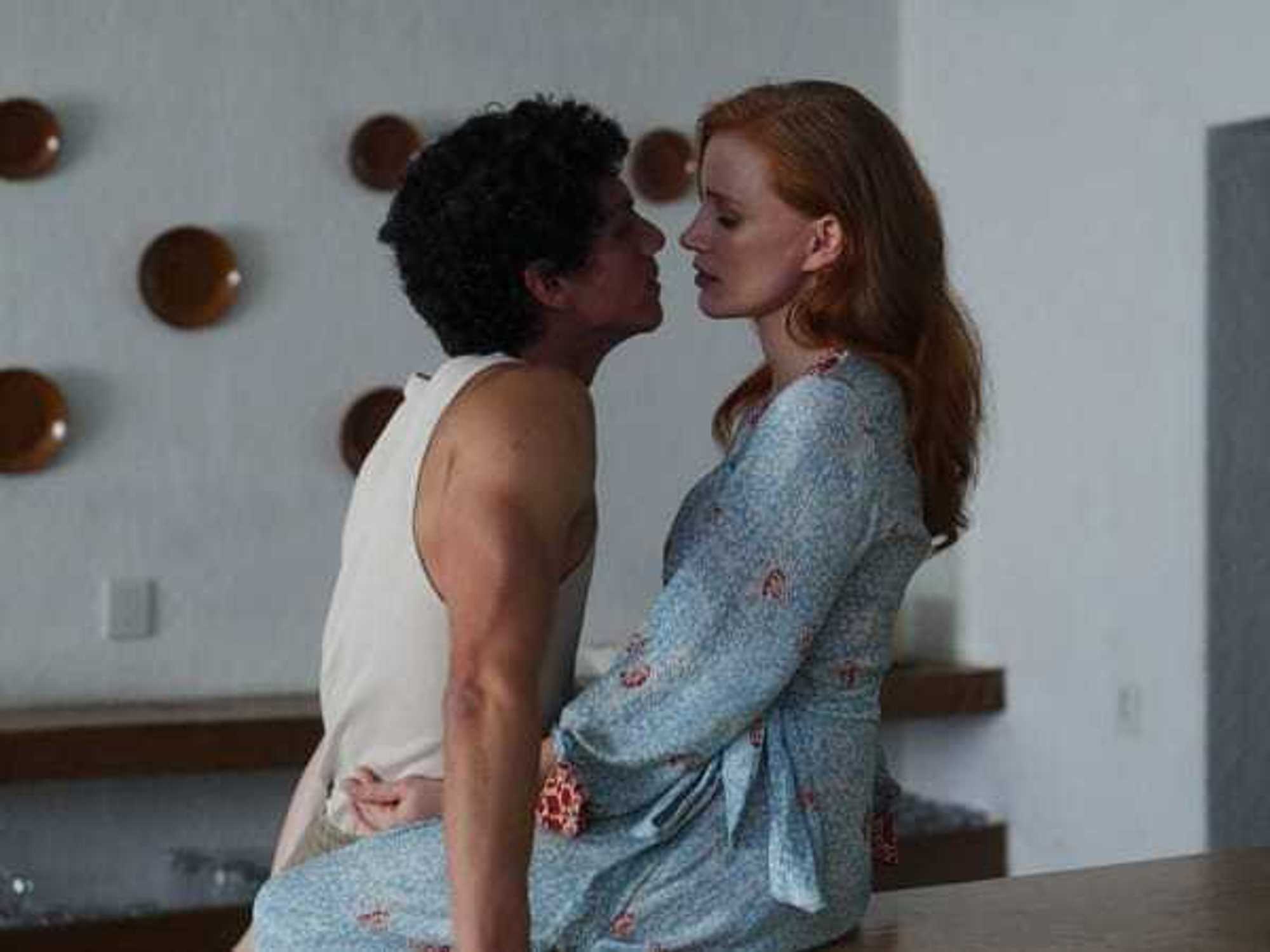Animal News
Dallas police horse injures teen fairgoer at State Fair of Texas

Big Tex at State Fair of Texas.
A police horse that was startled at the State Fair of Texas injured a fairgoer on October 8.
According to the Dallas Police Department, a mounted police officer was "patrolling Big Tex Circle" around 3 pm when the horse got spooked. The officer attempted to regain control of the animal, but ran through a group of people. a teen male ended up getting trampled and was taken to the hospital.
One witness said that the officer was getting a drink at one of the stands while still mounted. Once he got the drink, the horse sped off and patrol officer was thrown from the horse.
"The cop was getting a drink with the horse and then when he left with the drink in his hand the horse started going crazy and going full speed to a crowd of people," the witness said. "The cop fucked up by getting a drink while on a horse and not having full control. [It] was weird he was not dropping the drink when the horse started going crazy. The cop ended up getting stuck on the saddle and fell off. Then the cop came to the scene and I asked him what happened and he said, I don’t know. I’m trying to figure it out.'"
The Dallas Police Department uses draft horses, a larger breed "developed as working horses," but the bigger question is, why does the Dallas Police Department need to use horses at all, when other tools like Segways exist?
"Stop using animals for intimidation factors and this won’t happen," suggested one commenter. "Isn’t your AR-15, taser, sidearm, pepper spray, and club enough to enforce whatever you think you need to at The Fair? Let the animals be animals."
